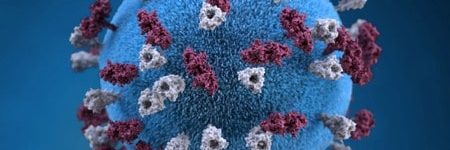Data on anti-tumor necrosis factor (anti-TNF) treatment and suboptimal response (SOR) among patients with inflammatory bowel diseases (IBD) in Latin America (LATAM) are scarce. This study evaluated the incidence and indicators of SOR to anti-TNF therapy in patients with ulcerative colitis (UC) and Crohn´s disease (CD) from Argentina, Colombia and Mexico.
We performed retrospective analysis of data from LATAM patients of the EXPLORE study (NCT03090139) including adult patients with IBD who initiated anti-TNF therapy between 03-2010 to 03-2015. The cumulative incidence of SOR to first-line anti-TNF therapy was assessed. A physician survey to assess barriers to anti-TNF therapies was also carried out.
We included 185 IBD patients (UC/CD: 99/86) treated with first-line anti-TNF from Argentina (38 UC; 40 CD), Colombia (21 UC; 25 CD) and Mexico (40 UC; 21 CD). 36.4% of patients with UC and 46.5% of patients with CD experienced SOR to anti-TNF therapy during the median (interquartile range) observational period: 49.0 months (37.2-60.1) in UC, and 50.0 months (40.9-60.1) in CD. The most common indicator of SOR among patients was augmentation of non-biologic therapy (UC: 41.7%; CD: 35.0%). Affordability and late referral to IBD specialist care centers were the most common barriers to anti-TNF therapies.
SOR to anti-TNF therapy was common in LATAM IBD patients, where augmentation with non-biologic therapy represented the most frequent indicator of SOR across indications. Our findings contribute to the current evidence on the unmet needs associated with anti-TNF in LATAM.
Copyright © 2023. Publicado por Elsevier España, S.L.U.















